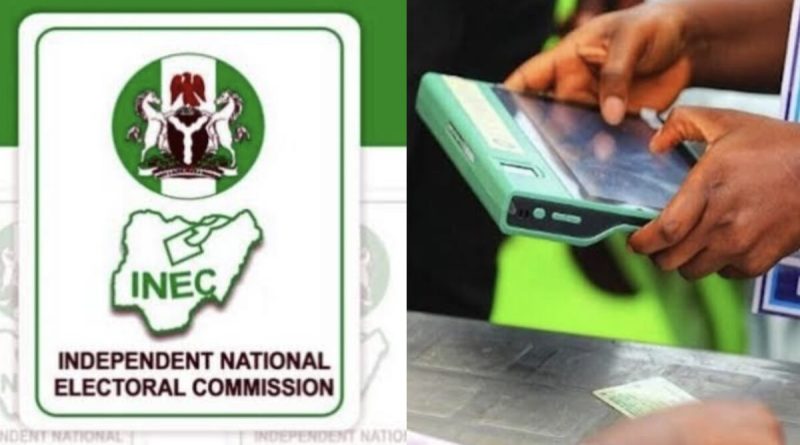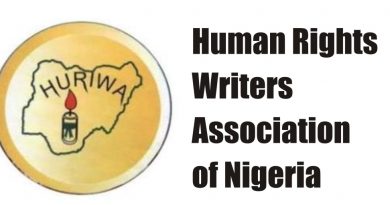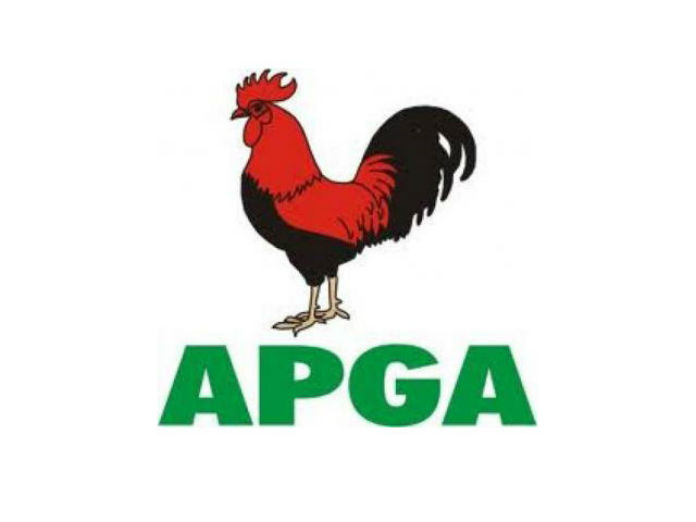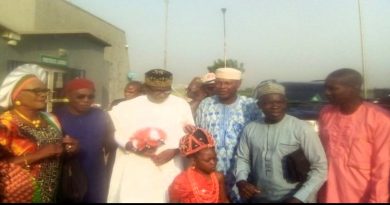ELECTION RESULTS: We do not Transmit, we Upload Photos- INEC
Oru Leonard
Following the misinterpretation and misinformation arising from the two words used interchangeably in the election process, The Independent National Electoral Commission (INEC), has clarified that it does not transmit results but rather use the INEC Result Viewing Portal, IReV, system to facilitate real-time upload of pictures of Form EC8A in JPEG format depicting election results from individual polling units.
Prof. Bolade Eyinda, the Technical Adviser to Chairman of INEC, a stated this to explain on the concerns and misconceptions surrounding the election result transmission process during a two-day capacity-building workshop at Akwanga for the INEC Press Corps on Ethical, Safety Practices, and Critical Issues Relating to the Kogi, Imo, and Bayelsa Governorship Election in November.
Eyinda explained that the IReV platform’s primary objective is to increase transparency, prevent vote rigging, and uphold the commitment to fair and transparent elections in Nigeria. He stated, “We do not transmit results electronically. We upload result pictures from the polling unit Form EC8A, which can be used to collate results.”
Eyinda made a clear distinction between electronic transmission and the use of pictures. He explained, “If you are talking of electronic transmission, you are talking of transmission of raw figures. We are not talking about transmission of figures; what we are doing is uploading photographs, and we keep track of all of this.
“We do not transmit results electronically. We upload result pictures from the polling unit Form EC8A. You can then use those pictures to go and collate your results. Apart from that, we also give results of the Form GC8A to the agents of each political party. We also give it to security agencies. Then we also post it at each polling unit.”
Eyinda emphasized that INEC’s commitment to transparency underlies the use of the IReV platform.
“The IReV platform displays images of election results, including candidate vote counts and the percentage of total votes cast, ensuring an open and accessible election process for all stakeholders and the general public.
This clarification aims to dispel any misconceptions and affirm INEC’s commitment to transparent and fair elections in Nigeria”, he concluded.
The two day workshop held on 16th and 17th 0ctober, 2023, was held by INEC and supported by The European Union and the Development Alternative Incorporated (DAI), under the EU- SDGN I & II project to promote democratic process in Nigeria.




